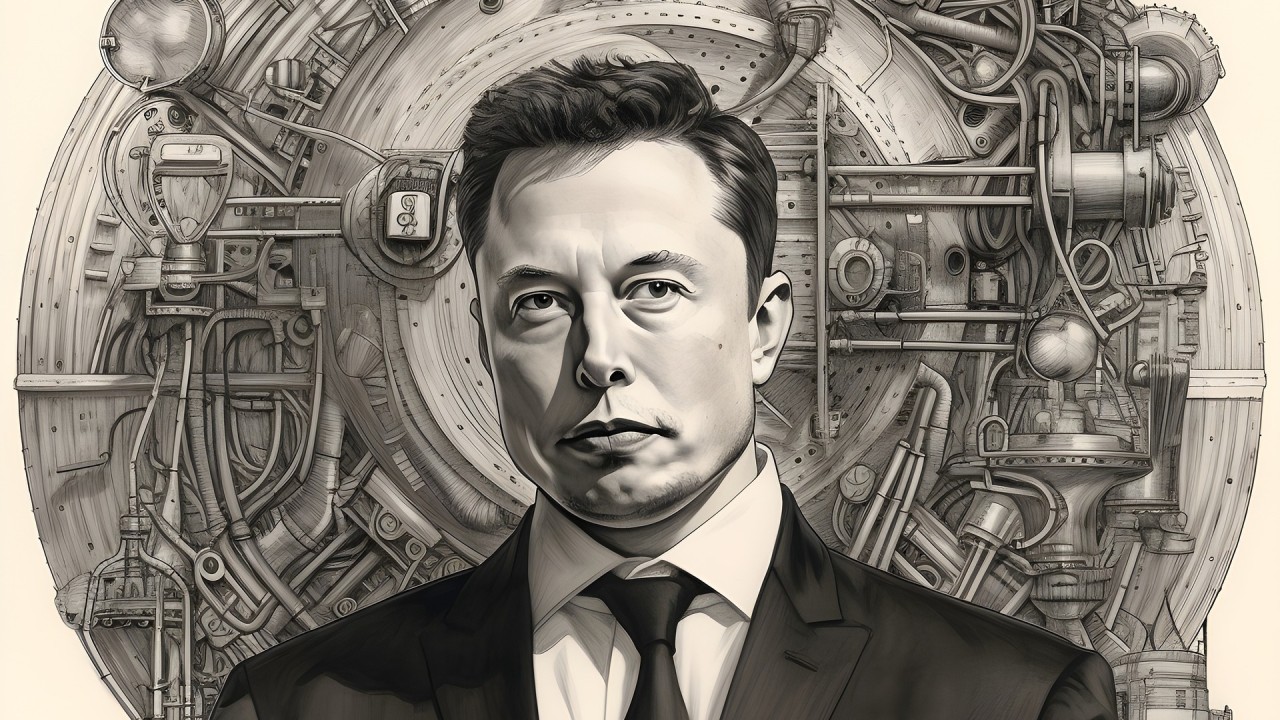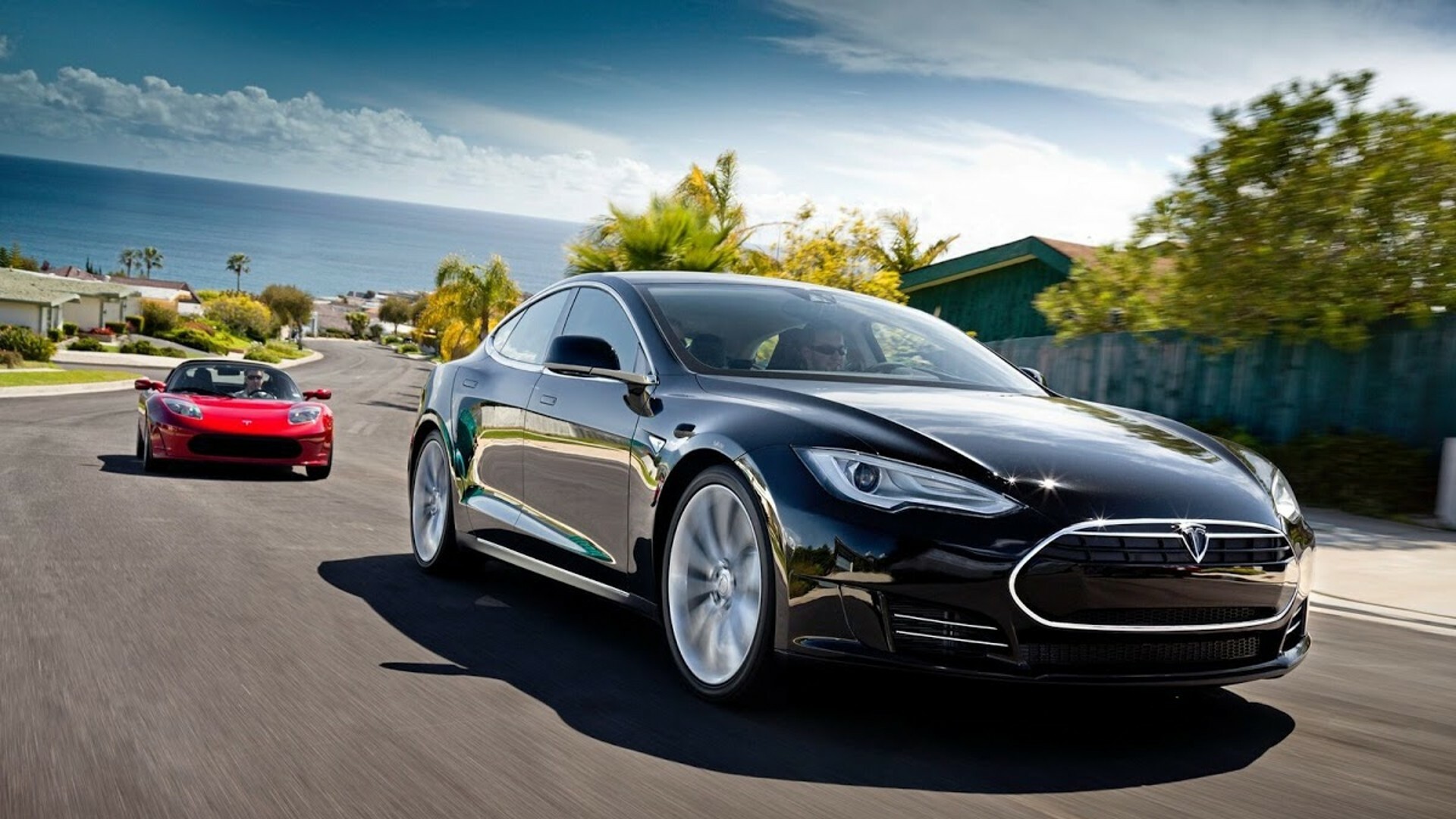Tesla, recognized for its innovative and disruptive marketing strategies, has taken a controversial step by venturing into the advertising space, including platforms owned by its CEO, Elon Musk.
This decision marks a significant departure from Musk’s longstanding aversion to traditional advertising methods.
Musk’s Hatred for Advertising
For years, Elon Musk has openly criticized advertising. He has famously asserted that Tesla avoids conventional promotional tactics, such as celebrity endorsements and paid campaigns.
During a public on-stage discussion, Musk delivered a bold message to advertisers who had withdrawn their support from X following his endorsement of an antisemitic tweet and concerns about increasing hate speech on the platform. Musk’s stance was unambiguous: “Do not advertise.”
A Shift in Perspective
A major turning point came when Musk acquired Twitter, a platform whose business model heavily relies on advertising revenue. This acquisition highlighted a potential change in Musk’s views on the role and necessity of advertising.
Impact of Advertiser Exodus
The loss of major advertisers like Apple, IBM, and Coca-Cola led to a significant revenue decline, with losses estimated to be as high as $75 million.
These withdrawals were spurred by a Media Matters report revealing prominent brand advertisements displayed alongside pro-Nazi content. The situation worsened after Musk publicly endorsed an antisemitic comment, further driving advertisers away.
Revelation at Tesla’s Shareholders Meeting
Musk surprised many Tesla shareholders by announcing the company’s decision to embrace advertising following Twitter’s acquisition. This unexpected declaration sparked widespread speculation regarding Musk’s motives for such a move.
Some analysts believe Tesla’s advertising push could be a strategy to channel the automaker’s profits into funding other Musk-led projects, such as Twitter.
This theory gained traction, especially as Tesla ramped up spending on premium Twitter accounts.

Growth in Advertising Efforts
In recent months, Tesla has significantly expanded its advertising initiatives across a variety of digital platforms. Reports confirm Tesla advertisements appearing on major platforms like YouTube, TikTok, and X, Musk’s own platform.
Tesla had already experimented with targeted ads on Google, and its inclusion of YouTube and other channels demonstrates a deliberate broadening of its advertising reach.
However, Tesla’s campaigns have notably avoided platforms owned by Musk’s competitor, Mark Zuckerberg, reflecting a strategic approach to its advertising efforts.
Musk himself has addressed this apparent irony:
“It’s indeed ironic. Twitter is highly dependent on advertising. Here I am, never really used advertising before, and now I have a company that is highly dependent on advertising. I guess I should say that advertising is awesome, and everyone should do it.”
Controversy Over Advertising on X
Of all Tesla’s advertising endeavors, its presence on X has drawn the most criticism. Observers argue that Tesla’s investment in advertising on X essentially subsidizes Musk’s other ventures, raising ethical questions about potential conflicts of interest.
Tesla’s adoption of advertising represents a major shift from its traditional marketing practices, igniting discussions within the industry.
As the company continues to expand its advertising efforts, the long-term consequences for Tesla, its stakeholders, and Musk’s broader ambitions remain to be seen.

